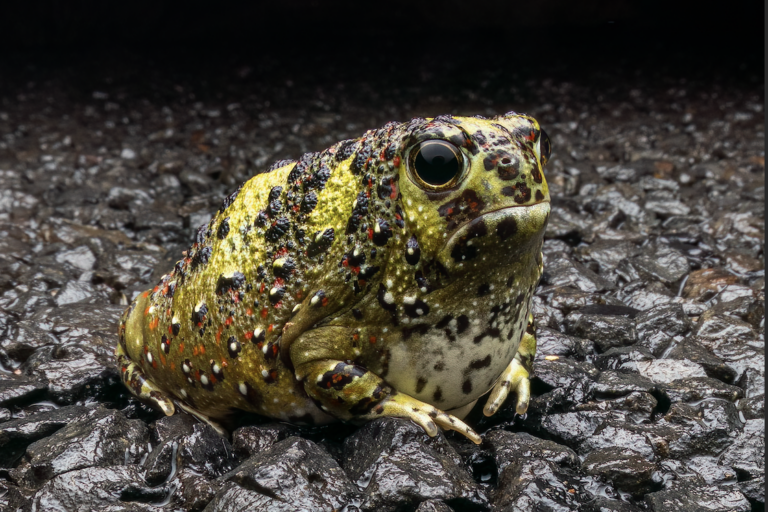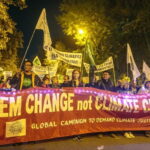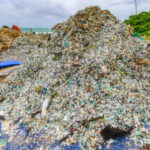For about 2% of the world’s amphibian species, it’s already getting too hot to survive in their natural habitats, according to a new study in Nature. If the planet keeps warming unchecked, this number is expected to jump to 7.5% by the end of the century. “We found that currently, about 100 species [104 out of 5,203 studied] are likely experiencing overheating events right now, where environmental temperatures exceed their physiological heat limits,” study co-author Alex Gunderson, an ecologist at Tulane University in the U.S., told Mongabay. Amphibians are an incredibly important part of the food web, Gunderson said. “They’re sort of the potato chips of the forest in many of these ecosystems where they serve as food for birds and bats and mammals and fish.” They also eat things that transmit diseases, including mosquitoes, so their loss can affect human health. For instance, a 2020 study showed that the decline of amphibians in Central America was linked to an increase in malaria. A turtle frog (Myobatrachus gouldii) in Australia. Amphibians are a critical part of the food web. Photo courtesy of Ross McGibbon The new research, led by scientists from the University of New South Wales in Australia, gives the most complete picture yet of how climate change affects the ability of amphibians such as frogs and salamanders to regulate their body temperature. The scientists used actual heat tolerance data for 524 species and then statistical methods to generate estimates for more than 5,000 species, representing approximately 60% of…This article was originally published on Mongabay
Search
Recent Research
Want your Blog Article featured on our website?
Research
Featured News
How to Make Your Home More Energy-Efficient in 2026
A practical, future-ready guide for lower bills and a smaller footprint Rising energy prices and
Sustainable Break Rooms: Greening the Office Pantry
Photo by Rodeo Project Management Software on Unsplash A break room may seem like a
Solar-powered AI streetlights to fund coastal highway construction
Nigeria’s long delayed Lagos-Calabar Coastal Highway is set to be rescued by thousands of AI-driven,
Big Data Analytics Enhances Renewable Energy sector
The sun doesn’t send bills, but energy companies using renewable energy do. And to keep
From COP30 to Sri Lanka, indigenous voices shape climate & food sovereignty
COLOMBO — When Indigenous groups converged at the entrance of the U.N. Climate Change Conference
Another threat to reefs: Microplastic chemicals may harm coral reproduction
As the sliver of a new moon shines over Kāneʻohe Bay, Oʻahu, millions of tiny
A Practical Guide to Choosing the Right Organizer Bins Online
Choosing organizer bins sounds simple — until you start comparing sizes, materials, and specs online.
How Lagos traders struggle as styrofoam gradually disappears in markets
Traders have continued to count their losses about five months after the Lagos State Government





